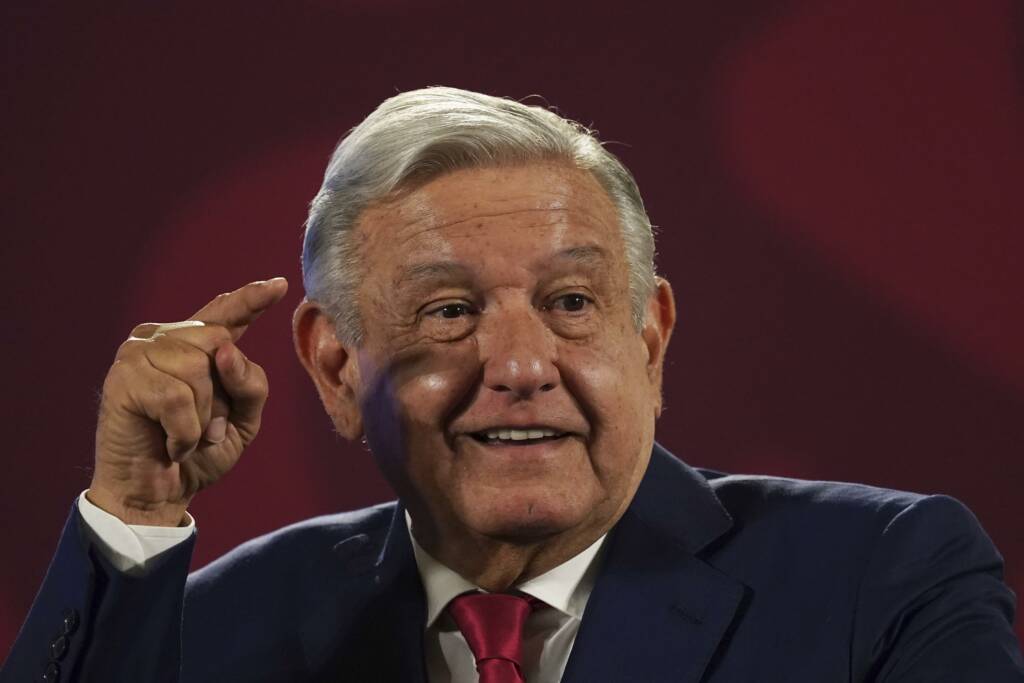China and the United States are disrupting trade in much of the world with their trade war. Despite fresh hopes among investors for a peaceful conclusion, the trade conflict has only intensified in recent years.
While the rivalry has led to disruption in the global supply chain, one country seems to have become a winner amidst the great power politics, that is, Mexico. As a manufacturing and export platform, Mexico has a number of key advantages in comparison to other cheaper labour options, predominantly in the Southeast Asian region. Mexico offered a skilled workforce, good road and rail connections, an established export industry and privileged trade access.
For American manufacturers scrambling to dodge newly imposed tariffs on Chinese imports, the attraction of moving production to their southern neighbour seemed clear.
Stage has been Set
The stage appeared to be set for a boom in “nearshoring. Mexico has always been a top destination for U.S. companies in search of cheaper labor. Mexico, the United States and Canada last year signed a new trade deal — the United States-Mexico-Canada Agreement, or USMCA — which is designed to replace NAFTA. Trade in goods and services between the U.S. and Mexico totaled an estimated $671.0 billion in 2018, making it America’s third largest goods trading partner.
China-Mexico Dalliance
Similar to this, a large North American trade agreement has led to a number of important Chinese corporations making aggressive investments in Mexico. Chinese businesses are setting up factories that allow them to label their products “Made in Mexico,” then trucking their goods into the United States duty-free, following in the footsteps of Japanese and South Korean businesses.
Once again, nearshoring includes Chinese manufacturers’ interest in Mexico. In order to reduce their exposure to shipping issues and geopolitical concerns, international businesses are relocating production closer to the consumer.
Europe is also trying to secure its interests in Mexico. Recently, German automaker BMW (BMWG.DE) said that it will invest 800 million euros ($866 million) in the central Mexican state of San Luis Potosi to produce high-voltage batteries and fully electric “Neue Klasse” models, the carmaker said.
Read More: Latin American trade bloc with Russia and China can be a game-changer
Mexico on the Top
By stepping up its economic endeavours, investing in infrastructure, and even offering collaboration in the health sector by supplying medical supplies and COVID-19 vaccines, China is looking to increase its influence in Mexico. On the other side, by limiting China’s presence, the United States and Europe hope to keep their significant influence in Mexico.
All things considered, Mexico is rightly working tirelessly to achieve its goal of flattening its coffers in the wake of the competition between the West and China.
